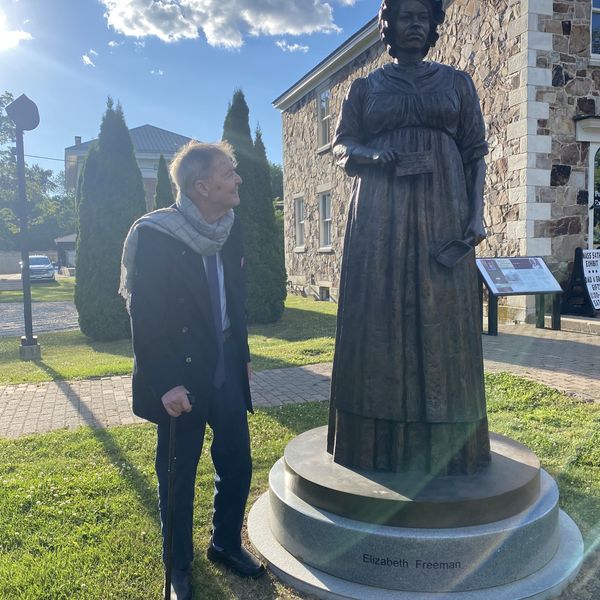In late 1965 I was applying to the Yale School of Drama. The Jesuit priest who headed the theater troupe at Marquette University where I was a graduate student was the first priest to get a PhD from Yale. I thought to secure his recommendation. I asked him to read a play I had written. He agreed. We agreed to meet the following Monday at noon. I was early, waiting on the balcony. Noon, then 12:30, then 1. No Father as everyone called him.
A young woman, a member of The Players, as the troupe was called, approached me. Are you waiting for Father, she asked. Yes, he’s an hour late. Come back tomorrow at noon, she advised.
I did. Right at noon, 24 hours late, a black limo pulled up and out came Father. I found out from the young woman that he had been in Chicago coaching acting to opera singers at the Lyric Opera. The limo had driven him to and fro. The woman whose limo it was supplied Father with ready cash.
He wouldn’t eat in community, but often frequented a local restaurant, where he was seen to order a steak and a martini. The steak was barely touched. The martini, a little more so.
He strode past me and motioned me to follow him. We went into the tiny office off the stage. We sat, both facing the same forward direction.
He started talking about Eugene O’Neill’s Sea Plays, quite early efforts. It dawned on me. He hadn’t read my play at all.
He said, I’ll write you a recommendation. Pick it up tomorrow. Meeting over.
Next day I return, again at noon. In the office was his grad assistant, a young woman who had clearly been crying. I say, awkwardly, Father said he’d write me a letter for Yale.
She said, Come back in an hour. Which I did. She hands me a letter, still holding back tears.
Only later did I find out that Father, the night before, had been picked up by the police in a sting in the Greyhound bus terminal men’s room. The cops took him back to Marquette and within hours he was whisked to St. Louis, where the Jesuits had another province, next to the Wisconsin one.
Father who had brought The Players to national prominence with a television appearance, Father who had defined charisma, Father whose dissertation was on how the Jesuits, pre-Shakespeare, had designed and produced at its many European universities, what would become modern ballet, now gone from Marquette, never to return.
I was also later to learn that the cops and the school had an agreement. No press. Just gone.
No press writing that previously a Jesuit had committed suicide. Hush hush.
The Father explanation? He had been on loan from the Missouri province and could be called back at any time. Like in the middle of the night.
Would he become the head of the St. Louis Opera? Perhaps. Did he? No.
The teary-eyed grad assistant wrote the letter.
I got in.
And read every word of his quite convincing dissertation.
Lonnie Carter is a playwright, Obie winner and his signature play is “The Sovereign State of Boogedy Boogedy.”















How I got into Yale